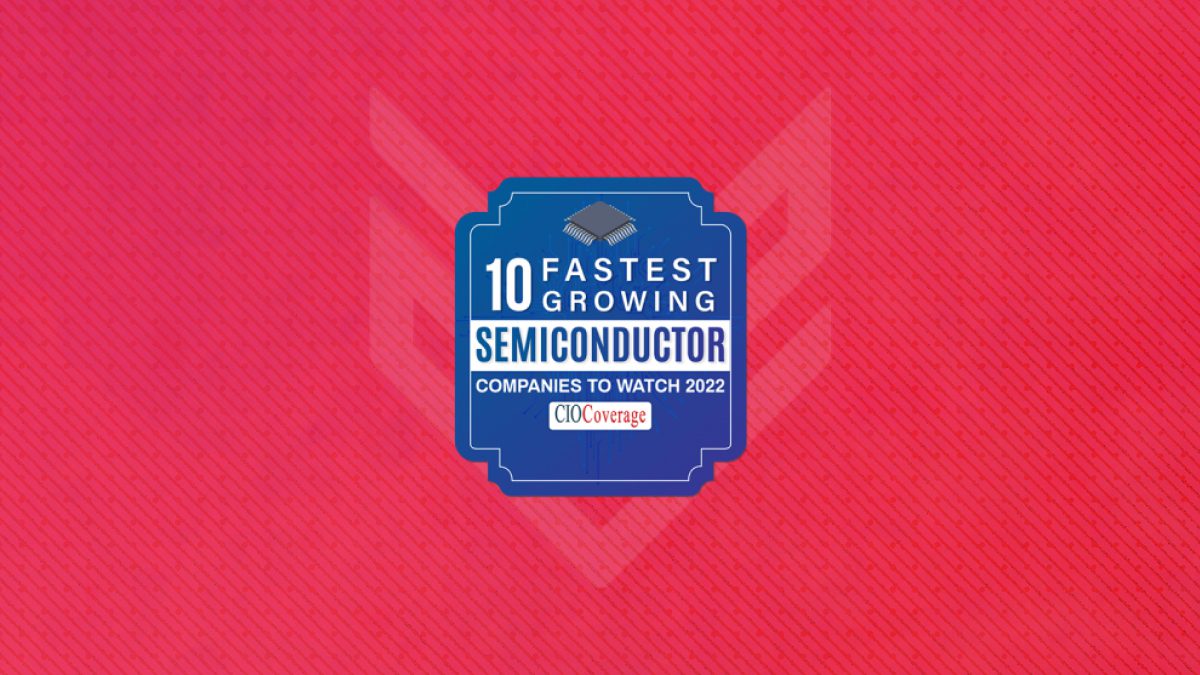Global Connections, New Legislation, and Supply Chain Alliances
It’s the final quarter of 2022, and some industries still feel the crunch from the semiconductor shortage. While demand for integrated circuit technology rises worldwide, the United States is finalizing plans for new foundries. But some experts wonder if the CHIPS Act is doing enough to ease supply chain woes. Meanwhile, China is being iced out of a four-nation supply chain alliance. Learn more about the latest semiconductor developments in our October industry update.
Semiconductor Shortage Continues While Demand for IC Tech Rises
When will the semiconductor shortage end? Market predictions range from 1Q23 to sometime in 2024. While some industries are seeing relief from extended lead times, the automotive industry is still suffering.
To complicate the issue, automakers are incorporating more integrated circuit technology in their designs than ever before. Most new vehicles include IC tech in sensors, analog devices, controllers, and optoelectronics. And, as sales of hybrid and all-electric vehicles rise worldwide, the demand for IC Tech is expected to grow significantly into 2026. However, the growth in the automotive IC segment probably won’t impact the growth rate of the total IC industry in the next five years.
Is the CHIPS Act Doing Enough?
While many hail the CHIPS Act as a success, some supply chain experts wonder whether the legislation is doing enough for the semiconductor industry in the United States. Intel, Micron, Samsung, and TSMC have announced plans to build foundries in the U.S., but experts are skeptical that the semiconductor supply chain can be fully duplicated inside any one country. According to the IPC, increasing component production without boosting related test and packaging capabilities will only lengthen the supply chain.
Chip 4 Alliance Excludes China
China is a threat to U.S. dominance in the semiconductor industry. In response, new American legislation prohibits the export of some AI technology to China. The already strained relationship could be further complicated as the U.S. has entered a “Chip 4” alliance to unite four semiconductor superpowers. Japan, Taiwan, and South Korea have also agreed to join.
The semiconductor shortage made it abundantly clear that technology plays an enormous role in our world. The medical, manufacturing, automotive, consumer electronics, aerospace, and other industries rely on quality components to fuel innovation and international commerce. Rely on Velocity to stay ahead of market trends. We follow supply chain developments from the CHIPS Act and the Chip 4 talks, and track new innovations to reduce costs and get ahead of lead times. Wherever you are, whatever industry you’re in, Velocity will help you stay agile and adaptive in the face of supply chain disruptions.



